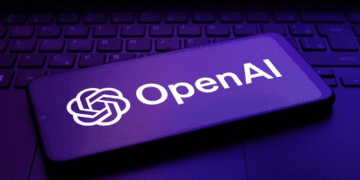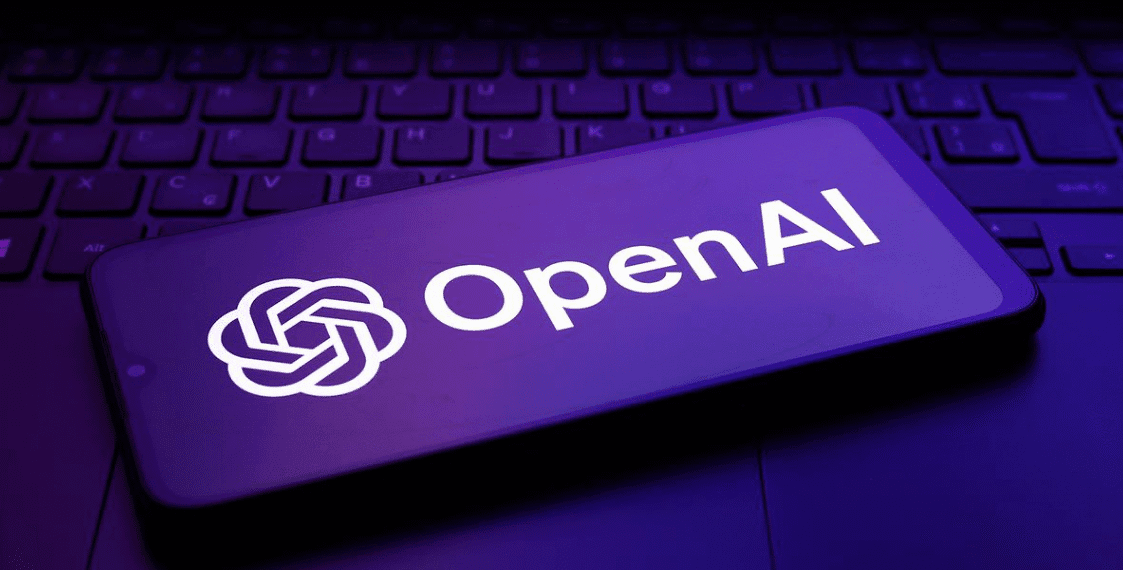Athira Sethu
Kochi, 28 August 2025
OpenAI launched a new product known as Codex that enables software engineers to write and repair code faster. Codex is the latest AI coding tool from OpenAI and can be accessed by ChatGPT Pro, Enterprise, and Team subscribers. Codex is cloud-based and functions as a “virtual colleague” that will write code, debug bugs, and complete tasks at a staggering pace.
How Codex Works
OpenAI’s CEO Sam Altman announced the news on social media, calling Codex an AI software engineering assistant. It is capable of writing new features, debugging, and even working on multiple tasks simultaneously. Codex leverages the newest O3 reasoning model to deliver quick and precise results.
Codex can read, edit files, and execute commands like test harnesses, linters, and type checkers. Depending on the level of complexity of the task, it typically takes between one and 30 minutes for Codex to complete coding a project. It enables users to initiate numerous tasks simultaneously, so they can have several agents working on different projects to code simultaneously.
How to Use Codex
To access Codex, users just have to open up the sidebar within ChatGPT. They can then instruct the AI agent to complete a coding task by typing out a prompt and selecting the “Code” option. While Codex operates, it has no internet connection at all, so it only functions with the code given to it, for example, from GitHub repositories. Once Codex completes the task, it also offers proof of work, such as terminal logs for validation. Whenever the AI runs into problems or makes a mistake on a test, it explains these issues clearly so that users know what they’re getting themselves into.
What This Means for the Future of Software Engineering
Artificial intelligence tools such as Codex are gaining popularity, and most technology companies feel that AI may revolutionize the way software is coded. Most technology giants, including Google and Microsoft, claim that AI currently produces around 30% of the code in their organizations.
The release of Codex could accelerate the process of employing AI to create code. In the future, the OpenAI team feels that software development will be quicker and more predictable. They propose that in the future, engineers might just have to give a general notion of what software they desire, and AI would be able to convert that into a functional product in a matter of time.
Several industry observers went so far as to joke that software developers would have to “up-skill” in a hurry to remain competitive, with AI increasingly doing more of the coding.





















